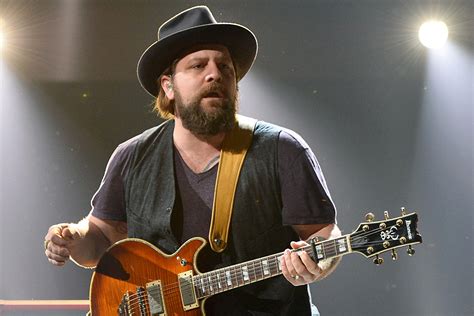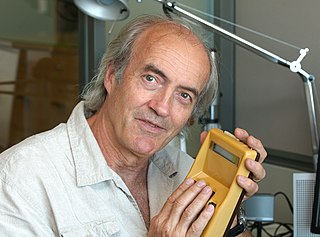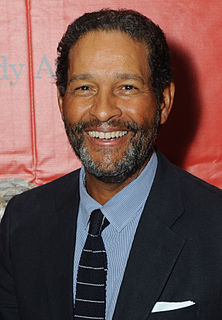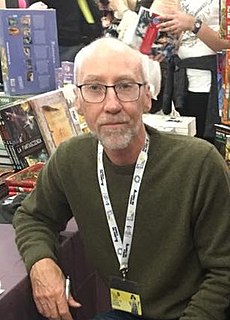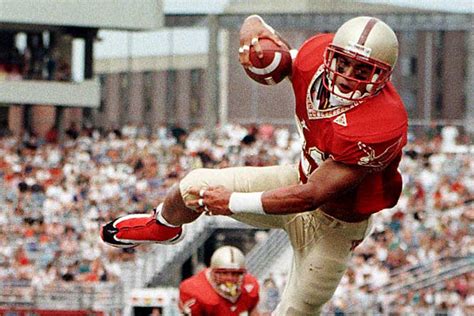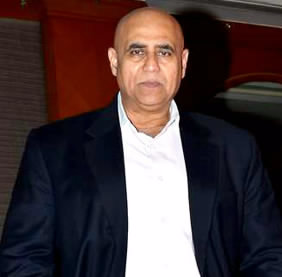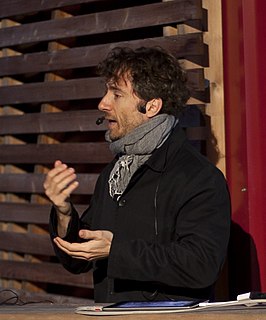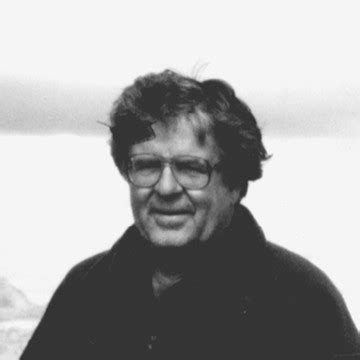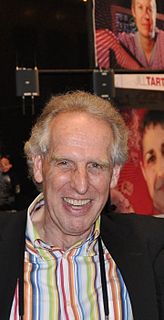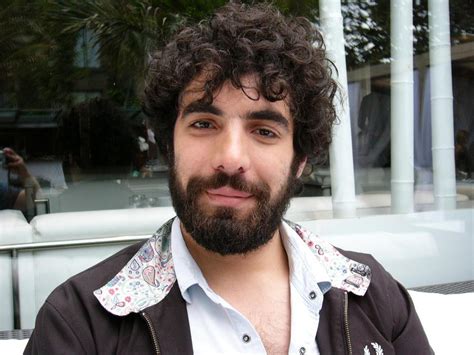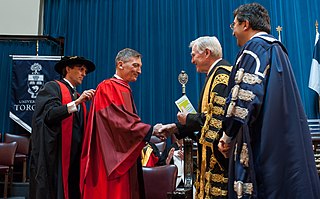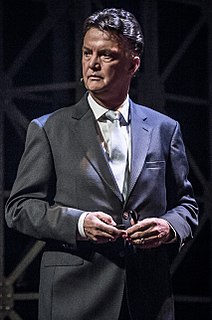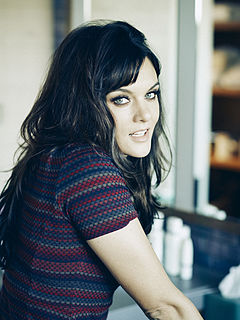Top 1200 Inventing Stories Quotes & Sayings
Explore popular Inventing Stories quotes.
Last updated on April 18, 2025.
The contract between the author and the reader is a game. And the game . . . is one of the greatest invetions of Western civilization: the game of telling stories, inventing characters, and creating the imaginary paradise of the individual, from whence no one can be expelled because, in a novel, no one owns the truth and everyone has the right to be heard and understood.
My mom used to cut out articles from the 'Atlanta Journal Constitution' when I was in high school. She would either give them to me to read or she would post them on the fridge. These articles would usually be stories of someone inventing something, breaking records, or achieving some kind of success.
Each of us is comprised of stories, stories not only about ourselves but stories about ancestors we never knew and people we've never met. We have stories we love to tell and stories we have never told anyone. The extent to which others know us is determined by the stories we choose to share. We extend a deep trust to someone when we say, "I'm going to tell you something I've never told anyone." Sharing stories creates trust because through stories we come to a recognition of how much we have in common.
The Greeks used to use the same stories, the same mythology, time after time, different authors. There was no premium placed upon an original story, and indeed, Shakespeare likewise. A lot of people wrote plays about great kings. They didn't expect a brand-new story. It was what that new author made of the old story. It is probably the same now. We disguise it by inventing what seem to be new stories, but they're basically the same story anyway.
So I found myself telling my own stories. It was strange: as I did it I realised how much we get shaped by our stories. It's like the stories of our lives make us the people we are. If someone had no stories, they wouldn't be human, wouldn't exist. And if my stories had been different I wouldn't be the person I am.
Humans are kind of story-propagating creatures. If you think of how we spend our days, think of all the time you spend on entertainment. How much of your entertainment centers around stories? Most pieces of music tell stories. Even hanging out with your friends, you talk, you tell stories to each other. They're all stories. We live in stories.
People didn't know who I was or why I was there, so they started inventing stories about me. I was a registered sex offender and I'd just been released from prison and was being forced to do community-service work. I was a murderer, an arsonist - all these horrific things had been projected on me because no one knew what to make of this white guy who showed up and made toast at 5 o'clock every morning.
And truly it little matters what I say, this or that or any other thing. Saying is inventing. Wrong, very rightly wrong. You invent nothing, you think you are inventing, you think you are escaping, and all you do is stammer out your lesson, the remnants of a pensum one day got by heart and long forgotten, life without tears, as it is wept.
I was never a comic book guy. I like the movies when I see them, especially the origin stories. I never felt like I could be on the set, at 3 o'clock in the morning, tired, with 10 important decisions to make, and know, intuitively, what the story needs. For me, I'd be copycatting and not inventing. I've never said yes to one.
I don't necessarily think stories have functions any more than diamonds have functions, or the sky has a function... Stories exist. They keep us sane, I think. We tell each other stories, we believe stories. I love watching the slow rise of the urban legend. They're the stories that we use to explain ourselves to ourselves.
I have always felt a little bit uncomfortable with question [why I'm write these stories]. It's not a question that you would ask a guy that writes detective stories or the guy that writes mystery stories, or westerns, or whatever. But it is asked of the writer of horror stories because it seems that there is something nasty about our love for horror stories, or boogies, ghosts and goblins, demons and devils.
I do like crime thriller stories. That's because these stories have a lot of layers. There are always three sides to such stories... there is a truth, there is a lie and then there is the ultimate truth. Different human emotions and intense interpersonal relationships form the core of stories in this genre.
Unfortunately, in rich-world health, innovation is both your friend and your enemy. Innovation is inventing organ replacement, joint replacement. We're inventing ways of doing new things that cost $300,000 and take people in their 70s and, on average, give them an extra, say, two or three years of life. And then you have to say, given finite resources, should we fire two or three teachers to do this operation?
To me, to spend all the time and energy and face all those creative challenges that you would spend for a two hour movie, you're inventing a world, you're inventing characters. If they're interesting enough, they should be compelling enough to go for five more episodes. How incredibly frustrating would it be to just do one movie?
By telling stories, you objectify your own experience. You separate it from yourself. You pin down certain truths. You make up others. You start sometimes with an incident that truly happened, and you carry it forward by inventing incidents that did not in fact occur but that nonetheless help to clarify and explain.






